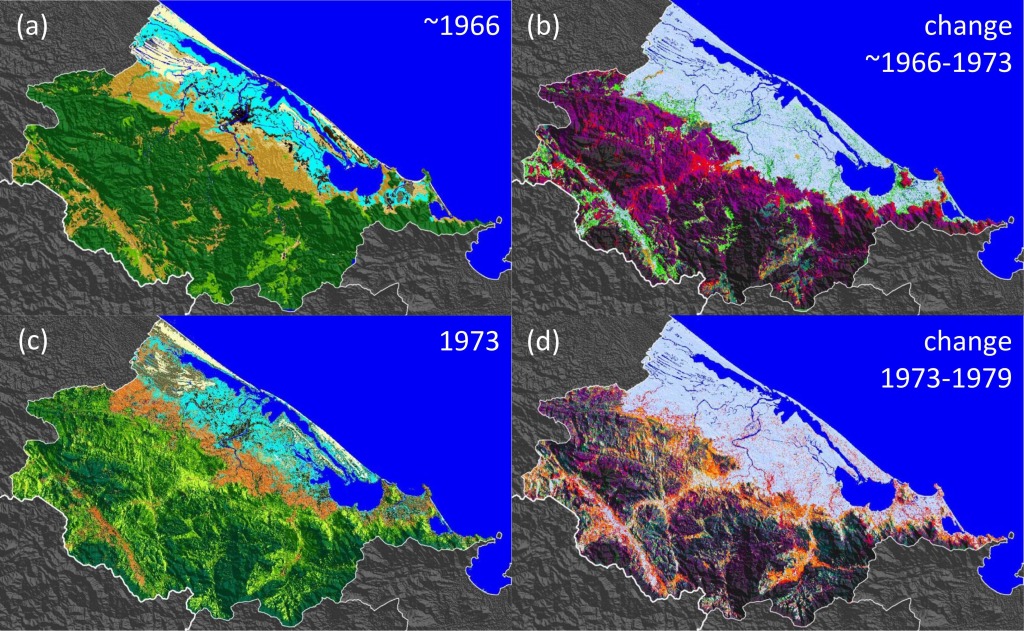
The FT Viet project’s new paper in the journal Land Use Policy is a major contribution both to studies of “forest transitions” (the idea that as places develop over time, forest loss switches to forest regrowth) and to the specific history of forest dynamics in central Vietnam’s Thừa Thiên-Huế province. Led by Roland Cochard, with remote sensing whizzery contributed by Mathieu Gravey and colleagues, this paper is a very rich and careful historical analysis of fifty years of forest change based on remote sensing and documentary sources.
Read the rest of this entry »


 Posted by christiankull
Posted by christiankull 
